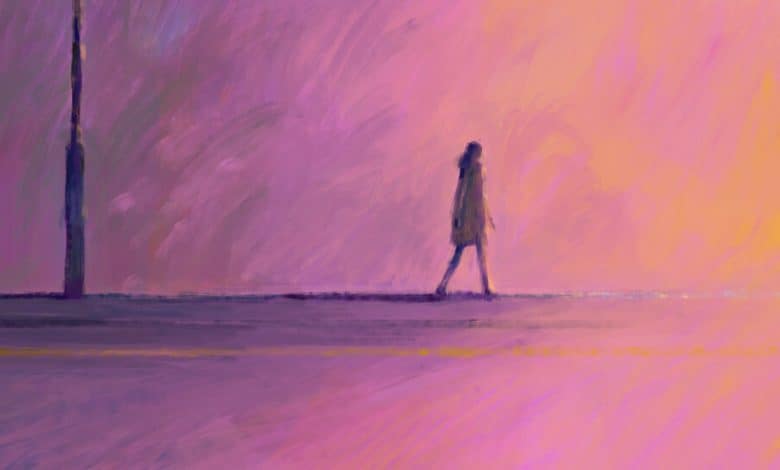How to Thrive in an Uncertain World

A close friend’s daughter was getting married in the pandemic summer of 2021. “We can’t invite friends to the wedding,” in order to keep it small and safe, my pal told me. But she did invite friends, I learned from a Facebook post. Just not me. Feeling humiliated, I initially kept quiet. But being together grew awkward and I sensed a growing distance. And when I tried to discuss the widening rift, she called a “pause” in our relations by text and stopped reaching out for a year.
My first thought was to consider the friendship ended. Something in her tone felt so final, like a breakup, case closed. But after a time I asked myself if I really knew what had happened and what she had meant by excluding me. Perhaps there was more to the story. Despite my hurt, I tried to keep the problem and my own mind open. I discovered what Rebecca Solnit calls the “spaciousness of uncertainty,” a realm of possibility. When at last my friend broke her silence with a text, I was ready to reconnect and move forward, even if I couldn’t get answers to all my questions. Meeting her rejection with unsureness gave me perspective and the courage not to shun her in turn.
Humans naturally need answers and so typically find uncertainty aversive. With a presidential election, war erupting in multiple zones, rising climate volatility and myriad other types of flux, it’s easy to feel overwhelming angst for the future and see certainty as a beacon in a darkening time.
But a wave of new scientific discoveries reveals that learning to lean intouncertainty in times of rapid change is a promising antidote to mental distress, not a royal road to angst, as many of us assume. A growing body of evidence and a range of new interventions suggest that skillfully managing uncertainty in the face of what’s murky, new or unexpected is an effective treatment for anxiety, a likely path to building resilience and a mark of astute problem-solving ability.
Learning to contend with uncertainty won’t completely fix the problems of our day. But at the start of a new year rife with high-stakes unknowns, we should rethink our outdated notions of notknowing as weakness, and instead discover this mindset as a strength. The implications for taming today’s epidemic distress, divisions and stalemates are vast.
Studies of the pandemic era offer a starting illustration of the links between uncertainty and flourishing. Ohio State researchers have found that adults who scored high on a measure of “intolerance of uncertainty” were more likely to struggle with stress and anxiety during the pandemic. Akin to personality tests, uncertainty intolerance assessments gauge people’s tendency to see unknowns as a threat rather than a challenge. Individuals who eschew not knowing tend to yearn for predictability and engage in binary thinking. During the pandemic, higher levels of uncertainty intolerance were associated with more maladaptive coping responses, such as being in denial, disengaging from life and abusing substances, a British study found. In contrast, those who struggle less with uncertainty weremore likely to accept the realities of the situation.
“Life is inherently uncertain, and if you have difficulty dealing with that, you will have difficulty dealing with life,” says Michel Dugas, a professor of psychology at the University of Quebec in Outaouais and a leader in the study of uncertainty and mental health.
Tolerating and even delighting in uncertainty doesn’t merely help us to accept life’s unpredictability; it also readies us to learn and adapt. Each day, the brain uses honed mental models about how the world works, which are used to process a shifting environment. When we meet something unexpected, a neural “prediction error” signals a mismatch between what we assumed would occur and what our senses tell us. Yet our uneasy sense of not knowing triggers a host of beneficial neural changes, including heightened attention, bolstered working memory and sensitivity to new information. The brain is preparing to update our knowledge of the world. Uncertainty offers the “opportunity for life to go in different directions,” says Stephanie Gorka of Ohio State University’s College of Medicine, “and that is exciting.”
This is why being open to uncertainty is critical for mental well-being. Pioneering work led by Dr. Dugas (who originated the term “intolerance of uncertainty”) and Nicholas Carleton of the University of Regina in Canada shows that being intolerant of uncertainty is associated with vulnerability to mental health challenges such as anxiety, eating disorders and depression. After more than two decades of spadework, they and their colleagues are beginning to effectively ameliorate such disorders by treating people’s fears of the unknown, or what Dr. Carleton calls the “